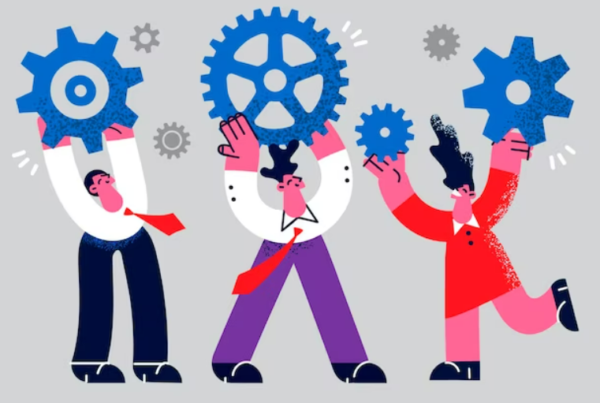Teamwork and Emotional Intelligence
How EQ Can Help You Get More from Yours Emotional intelligence, also known as EQ, is a hot topic in the leadership world. David Goldman’s book from 1994 has now influenced almost every facet of how organisations select and seek out leaders. While it is well known that management requires emotional intelligence, teams also need it. Team productivity and motivation will increase if EQ is actively promoted and trained inside the team. Teams that are emotionally savvy are more productive, collaborate better, and communicate more effectively.
There are five reasons why emotional intelligence and teamwork go hand in hand.
Conflict Resolution
Emotional intelligence is frequently necessary for team conflict resolution, particularly in professions with high deadline or pressure. Even minor arguments can cause bottlenecks and halt work since each team member frequently works to feed work back into other team members. Communication skills benefit immensely from emotional intelligence because it gives workers greater tools for empathising with one another, considering the other person’s perspective, and expressing frustrations and concerns before they get out of hand.
Collaboration
Teams should be able to work as a cohesive one and should be aware of each other’s capacities in terms of time, mental and physical effort, and quality of output. One important component in this is developing team trust, which can frequently be accomplished by finishing small but challenging projects and encouraging team time outside of the office. In fact, by giving team members opportunity to interact outside of the office, you may encourage collaboration by letting them unwind, get to know one another better, and transition from being coworkers to friends.
Self-Awareness and Emotional Management
While effective interpersonal communication is frequently about how you engage with others, self-awareness is also important. Employees who are conscious of their own feelings, issues, and reactions are much more likely to learn how to control their emotions, take breaks to reduce stress, and respond sympathetically when a teammate is upset or under stress.
Understanding Team Capabilities
Empathy and how effectively each team member comprehends their colleague’s tasks and responsibilities are both influenced by emotional intelligence.
Role-switching and cross-training, when team members purposefully take on each other’s duties or train in their responsibilities so they have a better knowledge of what it includes, are two strategies that certain businesses, including Hewlett-Packard, consciously use to develop this.
Creating Motivation
Recognizing others’ contributions and efforts is a sign of emotional intelligence, which frequently calls for taking action. Teams with emotional intelligence take the time to acknowledge and reward one another’s successes. As a result, they are frequently more driven and have a clearer sense of purpose.
In order to address this, you can design a structure that encourages team members to be praised or given credit, organise team workshops and sessions to develop missions and vision statements, and provide opportunities for everyone to express gratitude during meetings.
By fostering a sense of empathy among team members and ensuring that they are aware of each other’s issues, emotional intelligence gives teams the foundation they need to work together productively. It enables the team to give collaboration and communication top priority.
While you can’t make a team possess emotional intelligence, you can work to promote it so that your team has the best chance of growing.




